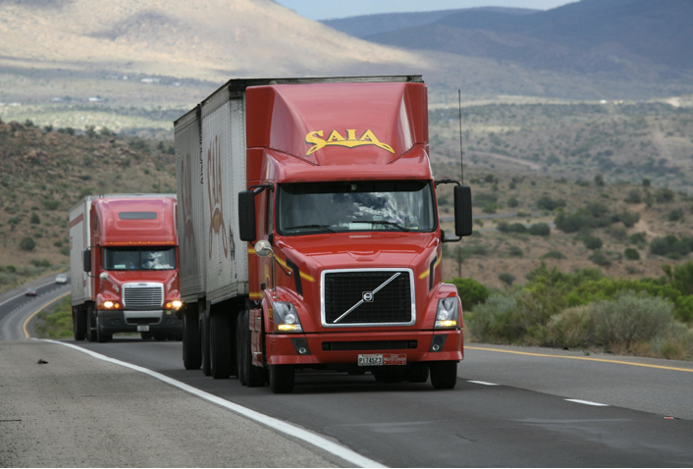
Tailgating, or driving too closely behind another vehicle, poses significant dangers, particularly when larger vehicles like trucks are involved. This behavior increases the likelihood of an accident. Drivers are required by law to keep a safe following distance to avoid accidents.
Truck accidents caused by tailgating often result in injuries, fatalities, and legal issues. The risks associated with tailgating are exacerbated when the accident leads to pile-ups or the cargo spills onto the road.
Trucks require longer stopping distances because of their increased size and weight. If a motorist brakes unexpectedly, a vehicle following them closely may not have enough time to respond, resulting in a rear-end accident.
Statistically, rear-end accidents account for a significant percentage of all traffic incidents. In many jurisdictions, regardless of the circumstances of the accident, the driver who rear-ends another vehicle is frequently found to be at fault. This means the vehicle following the truck can face legal repercussions and increased insurance premiums due to negligence.
From a legal standpoint, tailgating can be classified as negligent driving. Most states have specific laws that dictate safe following distances based on speed and road conditions.
For example, many jurisdictions recommend maintaining a three-second gap between vehicles under normal conditions. Adherence to these guidelines can result in citations and fines. If an accident occurs due to tailgating, the tailgater may be liable for damages incurred by the other party.
Tailgating can escalate into criminal charges if it leads to aggressive driving behaviors or road rage incidents. Such situations can result in severe penalties, including fines or even jail time for reckless endangerment.
Drivers should know that their actions behind the wheel carry significant weight and can have lasting consequences.
The psychology behind tailgating often stems from impatience or frustration with traffic flow. Many drivers need to be reminded that following closely will not encourage the vehicle ahead to speed up. This approach is counterproductive; it creates tension on the road and increases the likelihood of accidents.
Studies indicate that aggressive driving behaviors like tailgating are often linked to higher stress levels among drivers, impairing judgment and reaction times.
To mitigate the risks associated with tailgating, drivers should adopt several safety practices listed below.

Tailgating a truck is dangerous and significantly increases the risk of accidents. Trucks have larger blind spots and require much longer distances to stop than passenger vehicles. Following too closely limits a driver's reaction time and can result in severe collisions if the truck suddenly hits the brakes.
Safe following distances are in place to protect all drivers on the road. By respecting them and maintaining a safe distance, drivers can help prevent accidents and improve road safety.